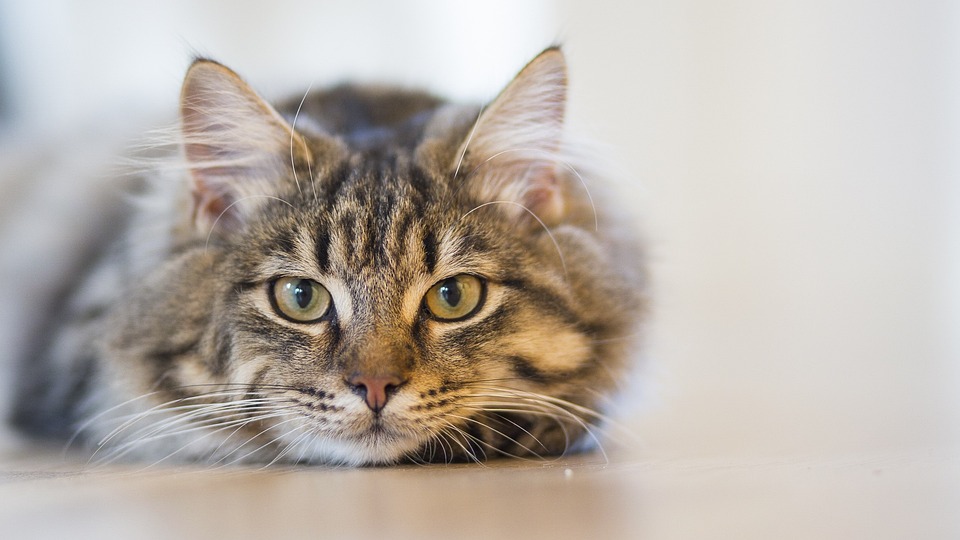Introduction:
Understanding Flea Allergies in Cats
Exploring the Causes and Symptoms of Flea Allergies
Diagnosing and Treating Flea Allergies in Cats
Frequently Asked Questions (FAQs)
Introduction:
As a cat owner, it’s essential to keep your furry friend healthy and happy. One common health issue that can cause distress for both cats and their owners is flea allergies. These allergies can be itchy, uncomfortable, and even lead to secondary infections if left untreated. In this article, we will dive into the world of flea allergies in cats, exploring their causes, symptoms, and treatment options. We’ll also address some frequently asked questions to help you better understand and manage this common feline ailment.
Understanding Flea Allergies in Cats:
What are Flea Allergies?
Flea allergies, also known as flea allergy dermatitis (FAD), occur when a cat develops an allergic reaction to proteins found in flea saliva. When fleas bite a cat, they inject their saliva into the skin, and it is this saliva that triggers an allergic response.
The Role of Flea Saliva in Allergic Reactions
Flea saliva contains compounds that can cause an allergic response in sensitive cats. These compounds can lead to intense itching, redness, swelling, and even hair loss in affected areas.
Why are Some Cats More Prone to Flea Allergies?
While any cat can develop a flea allergy, some cats are more prone to this condition due to genetic factors or a weakened immune system. Cats with a history of allergies or sensitivities may also be more susceptible to flea allergies.
Exploring the Causes and Symptoms of Flea Allergies:
How Do Cats Get Fleas?
Cats can get fleas through contact with other infested animals or environments. Fleas are excellent jumpers and can easily hitch a ride on a passing cat. Even indoor cats can get fleas if they come into contact with fleas brought in by humans or other pets.
Common Symptoms of Flea Allergies in Cats
The primary symptom of flea allergies in cats is intense itching, especially around the base of the tail, back, and hindquarters. Other symptoms may include redness, swelling, scabs, hair loss, and even open sores in severe cases. Cats may also excessively groom or scratch, leading to further skin irritation and potential secondary infections.
Differentiating Flea Allergies from Other Skin Conditions
It can be challenging to differentiate flea allergies from other skin conditions, such as food allergies or dermatitis. However, flea allergies often have a distinct pattern of itching and tend to occur during flea season or when exposed to fleas.
Diagnosing and Treating Flea Allergies in Cats:
Seeking Veterinary Advice for Proper Diagnosis
If you suspect that your cat has flea allergies, it’s essential to seek veterinary advice for a proper diagnosis. Your veterinarian will conduct a thorough examination of your cat’s skin, take a detailed medical history, and may perform additional tests to rule out other possible causes of the symptoms.
Treatment Options for Flea Allergies in Cats
Treating flea allergies in cats involves both relieving the symptoms and addressing the underlying flea infestation. Your veterinarian may prescribe medications to control itching, such as antihistamines or corticosteroids. They may also recommend flea control products to eliminate fleas from your cat’s environment and prevent future infestations.
Preventive Measures to Keep Fleas at Bay
Preventing flea allergies in cats involves regular flea prevention measures. This includes using veterinarian-recommended flea control products, such as topical treatments or oral medications. Regularly vacuuming and cleaning your cat’s bedding and environment can also help reduce the risk of flea infestations.
Frequently Asked Questions (FAQs):
Q1: Can indoor cats get flea allergies?
Yes, even indoor cats can get flea allergies if they come into contact with fleas brought in by humans or other pets. It’s essential to take preventive measures to protect indoor cats from fleas.
Q2: How can I prevent flea allergies in my cat?
To prevent flea allergies in your cat, use veterinarian-recommended flea control products regularly. Keep your cat’s environment clean and free from fleas, and avoid contact with other infested animals.
Q3: Are there any natural remedies for flea allergies in cats?
While there are some natural remedies that may provide temporary relief from flea allergies, it’s crucial to consult with your veterinarian for proper diagnosis and treatment. Natural remedies alone may not effectively control flea infestations or provide long-term relief.
Q4: Can humans get flea bites from cats with flea allergies?
While it’s rare for humans to get flea bites from cats with flea allergies, fleas can bite humans and cause itching and discomfort. It’s essential to take preventive measures to protect both your cat and yourself from fleas.
Q5: Do flea collars effectively prevent flea allergies?
Flea collars can be one part of a comprehensive flea prevention plan, but they may not be sufficient on their own to prevent flea allergies. It’s best to consult with your veterinarian for advice on the most effective flea prevention options for your cat.
Conclusion:
Flea allergies in cats can be a bothersome and uncomfortable condition for your feline companion. By understanding the causes, symptoms, and treatment options available, you can ensure that your cat receives the necessary care and relief from their allergies. Remember, seeking veterinary advice is crucial for an accurate diagnosis and effective treatment plan. With proper management and preventive measures, you can help your cat enjoy a happy, itch-free life.








